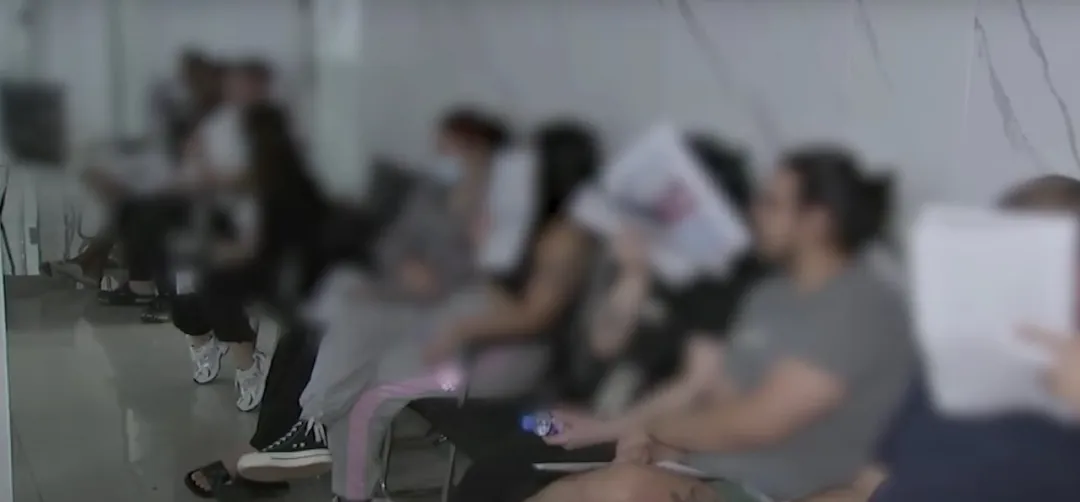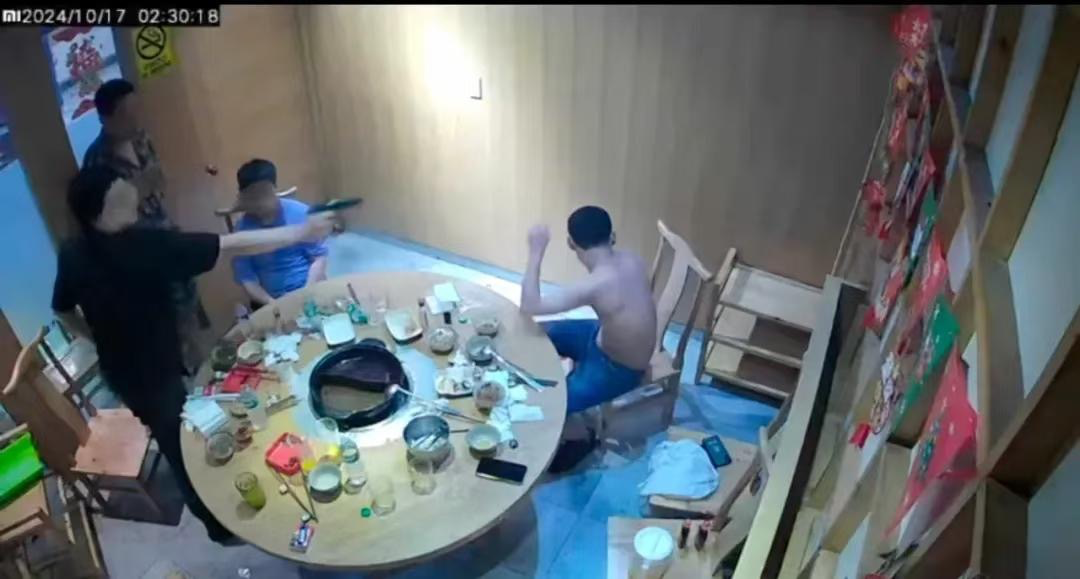Recently, the police raided a business process outsourcing (BPO) compound in Bagac, Bataan Province, arresting a wanted Indonesian. This individual was previously sought by the Indonesian government for alleged fraud, money laundering, and online gambling. Reportedly, he had been operating in the Philippines for only a year and a half and had already earned about 4 billion pesos.
It's no wonder that Gilbert Cruz, the Executive Director of the President's Anti-Organized Crime Committee, expressed his frustration, noting that foreign criminals now seem to converge in the Philippines, victimizing people from around the world.
Cruz's remarks are not surprising, as this is yet another case involving foreign criminals in the Philippines. Let's review some similar cases that occurred in the past month:
On October 17, a Chinese national suspected of murder was wanted by the Philippine police after a shooting incident at a hotpot restaurant in Makati.
On October 12, South Korean suspect Choi Sol was arrested for involvement in illegal drug trafficking.
On October 7, South Korean crime suspect Seo Jungchul was arrested for involvement in illegal drug trafficking.
On October 1, Japanese suspect Sasaki Yohei was arrested for kidnapping, illegal detention, extortion, and fraud activities.
Looking further back, there are even more cases of kidnapping, fraud, and murder. Why has the Philippines become a haven for foreign criminals? Why do ordinary people, who were law-abiding in their own countries, turn into ruthless murderers in the Philippines? The answer might be simple: low cost of crime, high return on investment.
In the case mentioned at the beginning, Retno Prihawati, a senior police officer at the Indonesian Embassy, stated, "This suspect provided an online support system for Indonesian clients to engage in online gambling, which is also illegal. Indonesian laws are very strict, even for those who post similar content on social media."
Indonesia's strict laws are why this Indonesian chose the Philippines. The Philippines' relatively lax legal environment, corrupt judicial system, inefficient social governance, widespread POGOs and online scams, rampant firearms and drugs, naturally became a paradise for foreign criminals.
This situation is largely attributed to several former presidents. Former President Marcos declared legal gun ownership in 1972; in 1977, he established the Philippine Amusement and Gaming Corporation (PAGCOR), which is directly controlled by the Office of the President and manages the national gaming industry. President Aquino abolished the death penalty in 1987. President Estrada announced further relaxation of legal gun ownership in 2000.
It is said that the initial practice of legal gun ownership was intended to emulate the American model of democracy.
Since then, gang violence, drug issues, and shootings have become frequent, with vandalism and arson occurring daily. The establishment of PAGCOR was initially intended to "generate revenue for the Philippine government's social civic and national development plans," but it essentially became a personal cash reserve.
Entering the 21st century, with the rise of the internet, Philippine offline gambling began to shift online, and PAGCOR quickly regulated POGO. Under one official license, up to five sub-licenses are allowed, and each sub-license often operates multiple "betting platforms" (i.e., online gambling platforms), subcontracted to different "small bosses." There is no limit to the number of these platforms, leading to the proliferation of POGOs in the Philippines, with many high-ranking political figures involved and profiting immensely.
This has led to kidnappings, online scams, human trafficking, and other crimes, with POGO becoming a breeding ground for crime.
Due to the absence of the death penalty and the corruption in the judicial system, the Philippine laws have lost their deterrent effect, and some criminals may regain freedom by paying a sufficient amount of money after being caught.
It is said that in the Philippines, the line between legality and illegality is defined by money. Thus, it makes sense for criminals to see the Philippines as a safe harbor.
POGO, kidnappings, online scams, and drug trafficking each offer the potential for substantial illegal wealth in a short time, presenting a significant temptation for many. Many Chinese who come to the Philippines do not initially intend to take the wrong path; they start with the intention of building a career through hard work. However, after being exposed to these industries and seeing the potential for making big money, their moral boundaries are eroded, and they eventually embark on a path of no return.
It is said that a famous kidnapper in the Philippines initially came to open a barbershop, then gradually got involved in the gambling industry, became an enforcer, and later a major kidnapper, eventually meeting his end in the Philippines. Human nature must be confined within the boundaries of law and morality; otherwise, problems are inevitable, as per natural law.
The Philippines and the United States are similar, with laws purportedly modeled after American ones. However, the Philippines differs slightly, resembling a country with some feudal elements, despite its democratic and legal facade. Dozens of political families control national politics, taking turns in power, with various interests intertwined. How to ensure the majesty of the law under such circumstances, and how to live under the dome of law rather than frequently piercing it, are issues that need to be thought about and resolved.
Only by repairing and filling the legal loopholes can the Philippines have a chance to become a safe country. Banning POGO is a good start, but to address all the underlying issues that breed crime, leaders need to demonstrate boldness and decisiveness in eradicating the root causes.












